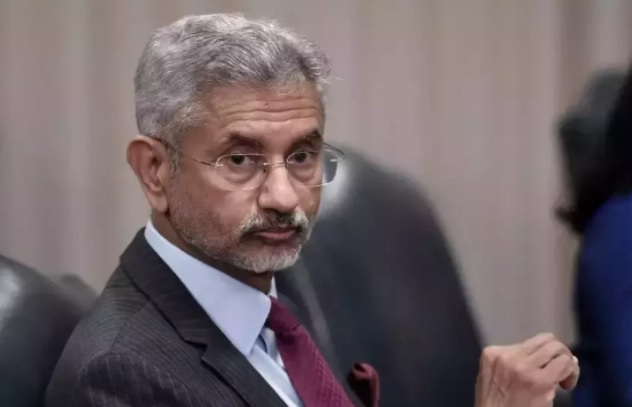
Jaishankar: West ‘distorted’ diverse world through ‘weaponised’ globalization
The External Affairs Minister highlighted the downside of globalization, noting its concentration of economic power in a few regions, leading to dependence on them for much of the world.
On Monday, Union External Affairs Minister S Jaishankar underscored the downside of globalization despite recognizing its advantages. He mentioned that globalization has turned currency, trade, and tourism into “weapons,” emphasizing that those holding sway over the world order established in 1945 are hesitant to generate additional opportunities.
He highlighted a drawback of globalization by stressing its concentration of economic power in a few regions, leading to significant dependence on them for much of the world.
Addressing the Nigerian Institute of International Affairs in Lagos, EAM Jaishankar highlighted the transformative role of currency, trade, and tourism, which have become powerful tools. He noted that nations, both as producers and consumers, often wield their market shares to advance specific national objectives. Jaishankar underscored that the current world order, established in 1945 when the UN had a much smaller membership, persists due to the reluctance of those in control to expand opportunities for others in the global system.

The Union minister noted that Western domination distorted the natural diversity of the world order.
“The world, originally diverse, underwent distortion during the era of Western dominance. In today’s post-Colonial world, the collective goal is to restore that inherent diversity. However, challenges arise in this process, particularly as many nations have gained independence and developed their own societies,” he remarked.
Jaishankar further emphasized the obstacles in returning the world to its natural diversity, stating that those who held global dominance for the past 200 to 300 years continue to exert influence through new instruments and techniques under new regimes.
“While globalization has yielded positive outcomes, it has also led to significant economic concentrations, with much of the world now reliant on the production of a few specific regions,” he concluded.
In Nigeria, the EAM is set to co-chair the 6th India-Nigeria Joint Commission Meeting (JCM) with his counterpart. Furthermore, he will inaugurate the 3rd edition of the Nigeria-India Business Council meeting.


